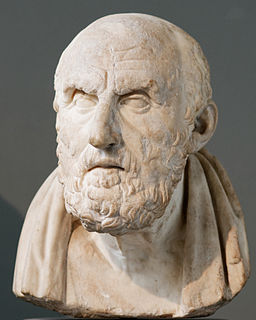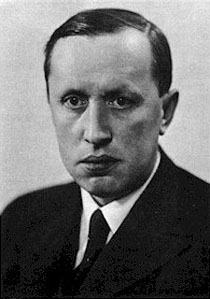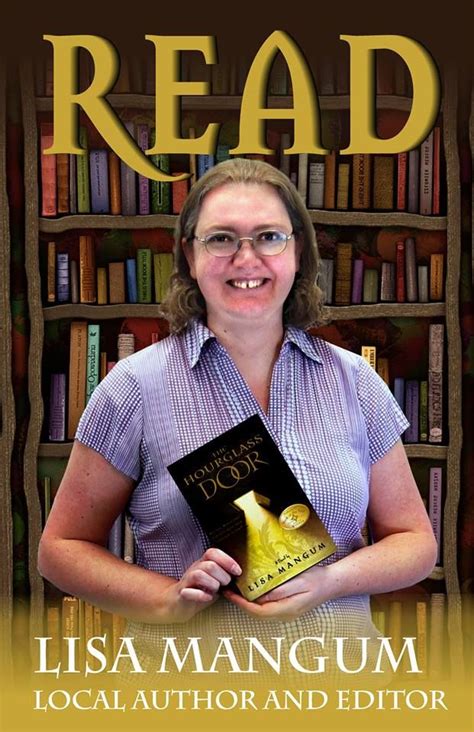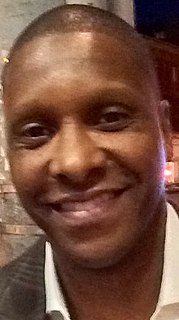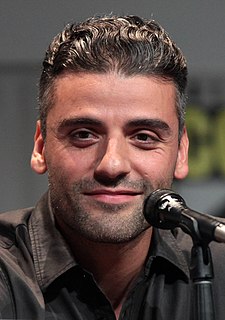A Quote by Henri Frederic Amiel
Unconsciousness, spontaneity, instinct ... hold us to the earth and dictate the relatively good and useful.
Quote Topics
Related Quotes
He made the earth first and peopled it with dumb creatures, and then He created man to be His overseer on the earth and to hold suzerainty over the earth and the animals on it in His name, not to hold for himself and his descendants inviolable title forever, generation after generation, to the oblongs and squares of the earth, but to hold the earth mutual and intact in the communal anonymity of brotherhood, and all the fee He asked was pity and humility and sufferance and endurance and the sweat of has face for bread.
Solitude is used to teach us how to live with other people. Rage is used to show us the infinite value of peace. Boredom is used to underline the importance of adventure & spontaneity. Silence is used to teach us to use words responsibly. Tiredness is used so that we can understand the value of waking up. Illness is used to underline the blessing of good health. Fire is used to teach us about water. Earth is used so that we can understand the value of air. Death is used to show us the importance of life.
Antiphon, as another man gets pleasure from a good horse, or a dog, or a bird, I get even more pleasure from good friends. And if I have something good, I teach it to them, and I introduce them to others who will be useful to them with respect to virtue. And together with my friends I go through the treasures of wise men of old which they left behind written in books, and we peruse them. If we see something good, we pick it out and hold it to be a great profit, if we are able to prove useful to one another.









